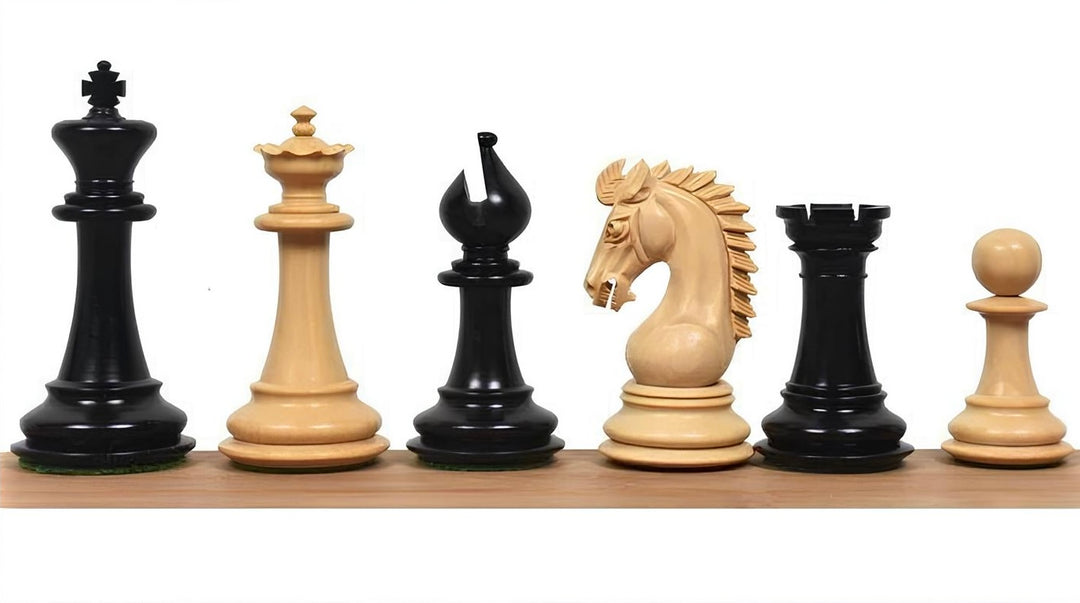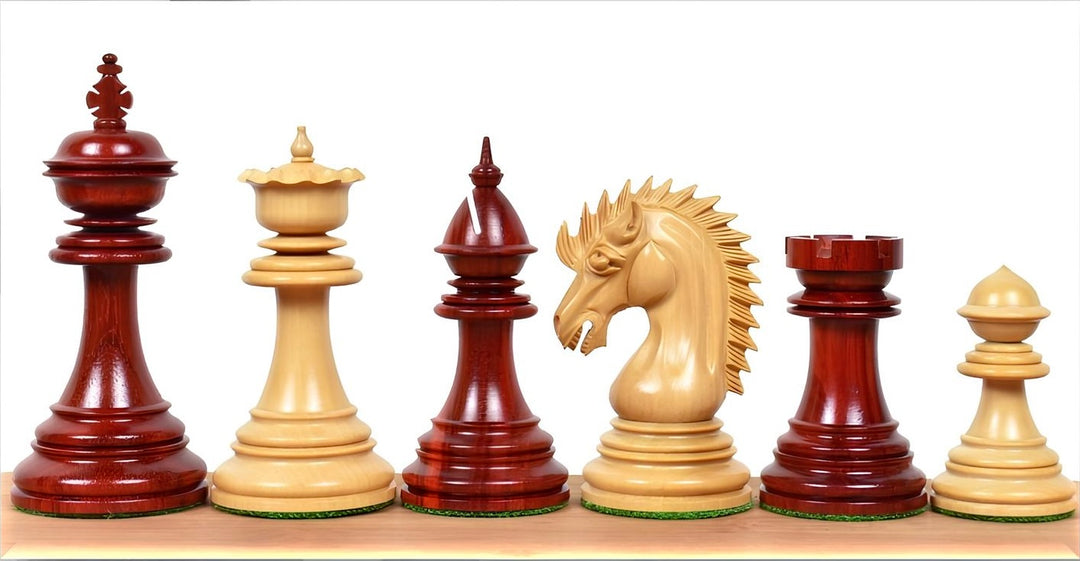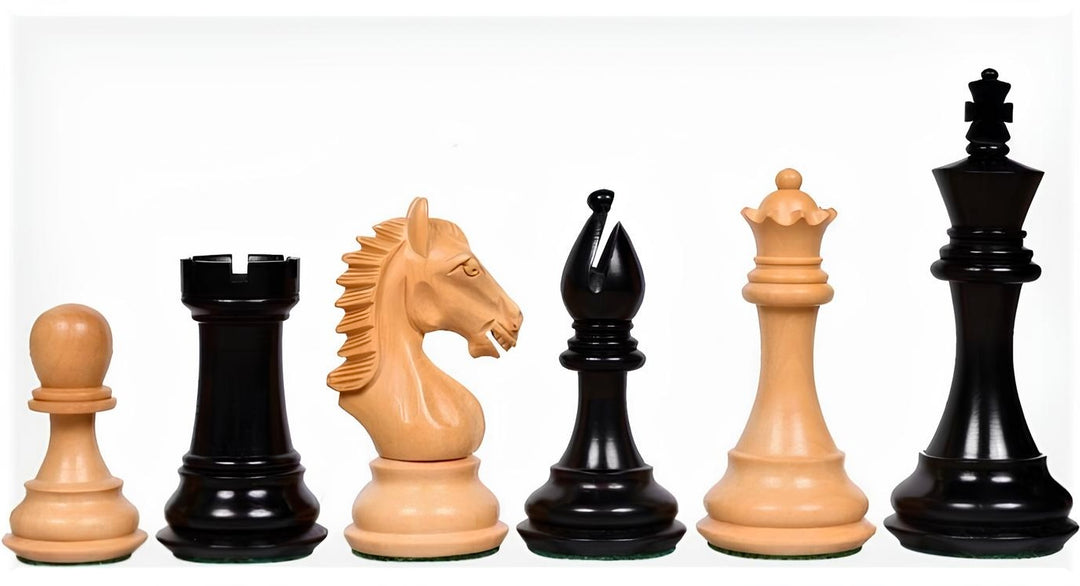Introduction to Chess as a Hobby
Chess, an ancient game with a rich history dating back over a millennium, is not only recognized for its intellectual rigor but also for its accessibility. Touted as the 'game of kings', one might wonder if it truly is a budget-friendly hobby that can be enjoyed by enthusiasts from all walks of life. This article seeks to explore various aspects of chess as a hobby and assess its cost-effectiveness, ensuring that potential players can make an informed decision about taking up the game.
Initial Costs of Chess: Equipment and Materials
The fundamental requirement to play chess is having a set of chess pieces and a board. The cost can vary depending on several factors including material, quality, and brand. Here’s a breakdown:
Chess Boards and Pieces
Chess boards and pieces come in a wide range of materials and prices. Simple plastic sets can be purchased for as little as $10-$20. These are perfectly functional and suitable for beginners or casual players. On the other end of the spectrum, handcrafted wooden or designer sets made from premium materials can cost hundreds or even thousands of dollars. However, such luxury sets are generally purchased by collectors or those looking to decorate a room rather than solely to play.
Digital and Online Platforms
In today’s digital age, physical chess sets are not even necessary to begin playing. Numerous free online platforms allow users to play chess against opponents from around the world. Websites like Chess.com or Lichess offer free accounts with enough features for most users, though paid options are available with additional training tools and fewer ads.
Software and Apps
For those looking to improve their game, several chess software programs and apps are available. Basic versions or apps with fewer features can be downloaded for free, while more advanced programs might charge a fee. These tools are useful for players looking to delve deeper into chess tactics and strategies.
Ongoing Costs of Playing Chess
While the initial costs of chess can be minimal, particularly with the use of free digital platforms, there are potential ongoing costs to consider if one decides to delve deeper into the hobby.
Club Memberships
Joining a chess club is a great way for players to meet others with a similar interest in the game. Membership fees for chess clubs vary widely depending on the location and the facilities offered. Some community-run clubs might only require a minimal fee or a voluntary donation, while more established clubs could charge significantly more.
Tournaments and Competitions
Many chess players eventually decide to test their skills in tournaments, which can involve registration fees. Local tournaments might have lower fees, while larger, more prestigious tournaments could cost more to enter. However, these are generally optional costs as not every chess player might choose to compete.
Books and Educational Materials
There is a vast range of books available on the topic of chess, from beginner guides to detailed analyses of historical games. These can be very beneficial but can also add up in cost. Thankfully, many classic chess books are available in public libraries or secondhand bookstores at reduced prices, and free resources are plentiful online.
The Educational and Social Value of Chess
Aside from the financial considerations, chess is often lauded for its intellectual benefits. Playing chess can improve problem-solving skills, enhance memory, boost spatial skills, and increase the attention span of players. Furthermore, chess provides a social framework where players of all ages can interact and compete, bridging generations and cultures.
Che'ss Scholarships and Sponsorships
For talented young players, chess can also open doors to scholarships and sponsorships. A number of colleges offer scholarships based on chess abilities, potentially offsetting the more traditional academic or athletic scholarships.
Conclusion: Is Chess a Budget-Friendly Hobby?
Chess can indeed be a very budget-friendly hobby, particularly for those content with minimal investment into basics like a set or digital platform access. Even as one progresses, the cost of advancing in chess, through club memberships, books, and competitive play, can be managed according to one's budget and level of interest. The key affordability coupled with the intellectual and social benefits it offers makes chess a uniquely accessible and enriching pursuit. From online games that cost nothing to luxurious collector sets, chess accommodates all, truly making it a game for everyone.
Frequently Asked Questions
What is the best way to learn chess without spending much money?
Utilizing free online platforms like Chess.com and Lichess can provide a solid starting point for beginners. Additionally, many communities offer free or inexpensive chess clubs where experienced players can provide guidance.
Are there any hidden costs in professional chess?
The main ‘hidden costs’ in professional chess can include travel and accommodation for tournaments, coaching fees, and sometimes, the cost of specialized equipment and books. However, these costs are typically only relevant for high-level competitors.
Can chess increase cognitive abilities?
Studies suggest that playing chess can improve various cognitive abilities including problem-solving, memory, and critical thinking.
Is online chess as effective as playing with physical boards and pieces?
Many top chess coaches and players assert that the strategic and tactical understanding one develops through online chess is comparable to that gained from physical boards. However, some players prefer the tactile sensation of moving actual pieces.
How can I make the most out of free online chess resources?
Engage actively in practice games, participate in online tournaments, and make use of the instructional videos and puzzles most sites offer. Setting regular practice schedules and reviewing games to understand mistakes can also maximize learning.
Explore our large collection of beautiful chess sets!


































Leave a comment